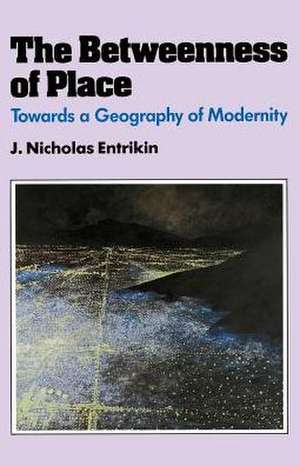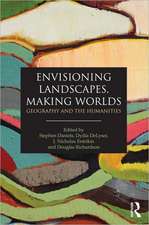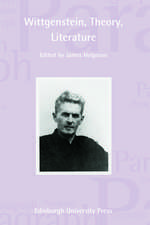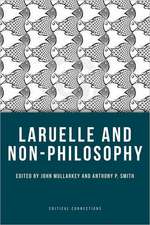The Betweenness of Place: Towards a Geography of Modernity
Autor J. Nicholas Entrikinen Limba Engleză Paperback – 31 ian 1991 – vârsta de la 22 ani
To geographers arguing the merits of hard, scientific data versus subjective experience, Entrikin offers a compromise. "To understand place", he suggests, "requires that we have access to both an objective and a subjective reality. From the decentered vantage point of the theoretical scientist, place becomes either location or a set of generic relations and loses much of its significance for human action. From the centered viewpoint of the subjective self, place has meaning only in relation to one's own goals and concerns. Place is best viewed from points in-between."
Preț: 235.86 lei
Nou
45.13€ • 47.24$ • 37.56£
Carte tipărită la comandă
Livrare economică 31 martie-14 aprilie
Specificații
ISBN-10: 0801840848
Pagini: 212
Dimensiuni: 137 x 216 x 18 mm
Greutate: 0.27 kg
Editura: Johns Hopkins University Press
Locul publicării:Baltimore, United States
Textul de pe ultima copertă
Those who point to a decline in the study of place in geography, Entrikin explains, cite three main causes: the apparent homogenization of world culture; the belief that studying particular places is somehow "parochial"; and the tendency of the scientific method to generalize. Entrikin treats each of these in turn, addressing topics that include the Marxist view of a world economy, the moral implications of place (in such notions as community and provincialism), and the empiricist versus neo-Kantian traditions in philosophy.
To geographers arguing the merits of hard, scientific data versus subjective experience, Entrikin offers a compromise. "To understand place", he suggests, "requires that we have access to both an objective and a subjective reality. From the decentered vantage point of the theoretical scientist, place becomes either location or a set of generic relations and loses much of its significance for human action. From the centered viewpoint of the subjective self, place has meaning only in relation to one's own goals and concerns. Place is best viewed from points in-between."



















